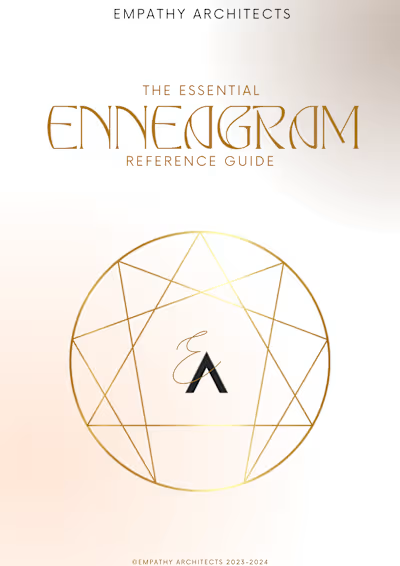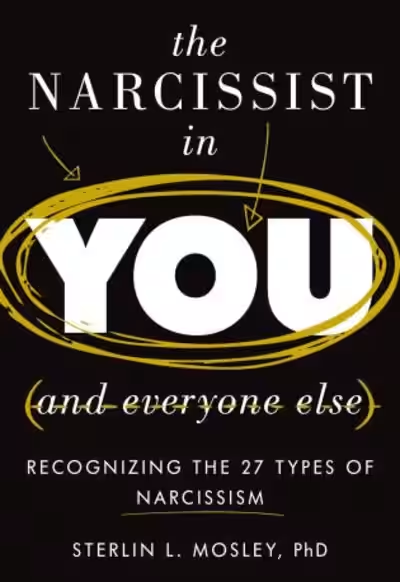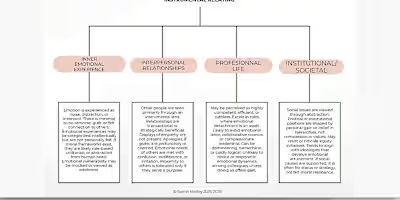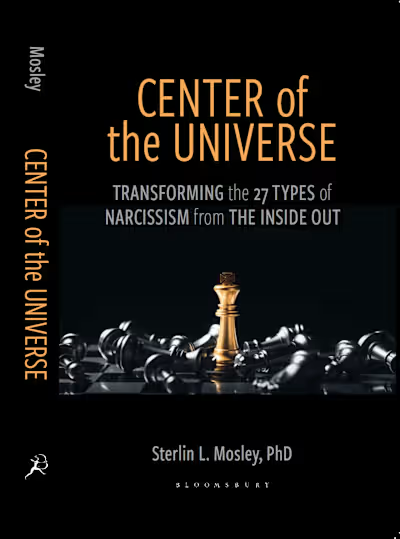Center of the Universe: Transforming Narcissism
Like this project
Posted Apr 14, 2025
Authored 'Center of the Universe' on narcissism's impact on society.
Likes
0
Views
2

This country’s current cultural-political moment—and, more broadly, the state of the world- needs a more robust and incisive diagnosis than the critical but often topical conversations surrounding political restructuring and the mechanisms behind such endeavors. Indeed, systems of liberal democracy are under rightful scrutiny, particularly in the United States, which has long positioned itself as a bastion for such ideals. The merits of democratic institutions have been examined, defended, and critiqued by generations of brilliant historians and political theorists. I am not here to repeat those arguments but rather to name what I believe underlies the erosion of what once resembled functional systems of governance: a steady collapse of the psychic and emotional infrastructure necessary for human societies to thrive.
In my forthcoming book, Center of the Universe: Transforming the 27 Types of Narcissism from the Inside Out (out July 10th, 2025), I write about how Western civilization has distended toward anti-empathetic, narcissistic ideologies over the past fifty to sixty years. And while the slow demise of truth and reason is part of that story, so too is the more spiritual and psychological reality that collective empathy (the binding agent of human cooperation) has begun to fray. The disease overtaking political discourse is not just systemic; it is psychic. It is cultural. And it is, increasingly, moral.
We’re seeing the transformation of the political arena into a kind of theatrical spectacle, where entertainment value overrides truth and leadership is reduced to performance. Over time, the political stage has become more than an effort to capture the public’s imagination through flashy slogans and hollow promises. Politics and governance have morphed into a raucous reality show where the most obscene, outlandish, and outrageous displays of strength command the most attention and, disturbingly, respect. As collective empathy erodes, so does our ability to register shock at cruelty. What would have once horrified now barely stirs. This is “empathy shutdown” (not in the clinical sense, but in the cultural sense), and it is a numbing of emotional resonance, a shrinking of moral capacity, and a deadening of conscience.
Psychologically speaking, empathy shutdown occurs when a person’s emotional attunement becomes too costly to maintain in the face of stress, trauma, or disillusionment. But culturally, when that same shutdown occurs on a mass scale, it doesn’t just change relationships; it reshapes history. A society that cannot feel will not protest. A society that cannot recognize cruelty will struggle to name it when it arrives wrapped in charisma, strength, or nationalism. This is precisely what has allowed so many empathy-deficient leaders to ascend in recent years—leaders who offer easy answers to complex questions, scapegoat the vulnerable, and frame domination as a form of protection.
The easy answer always has a cost, which is always someone else’s dignity.
Yes, political systems need reform. Structural change matters. But in my estimation, these efforts are secondary to a deeper wound within the collective psyche. Restructuring democratic institutions without addressing the consciousness of the people operating within them is like treating cancer symptoms without addressing the tumor. In this case, the tumor is the normalization of narcissistic psychology, fed by the propagation of social media spectacle, the de-realization of suffering through overexposure to violence and curated performance, and the steady de-intellectualization of the masses, aided by both.
The fragmented media landscape has afforded some fundamental dignities, including space for marginalized voices that were once silenced. But alongside this democratization of content has come a proliferation of unreality, distorted narratives, and willful fabrications, producing a kind of consensual fragmentation. We are no longer living in different ideological camps; we are living in different realities altogether. And when truth becomes a choose-your-own-adventure exercise, what ultimately suffers is our shared sense of compassion, our belief in fairness, and the foundational dignity that should be afforded to all human beings.
The dissolution of empathy is not incidental. It is not a temporary glitch. It is, in some sense, the logical conclusion of a culture that has prioritized branding over substance, attention over truth, and emotional stimulation over moral reflection. We’re seeing the loss of symbolic continuity, the breakdown of the capacity to hold shared meaning, and the unraveling of the mechanisms that make moral life possible.
As I argue in Center of the Universe, we must stop pretending that we’re merely dealing with policy failures or party divisions. We are living through a spiritual disorientation that has affected our ability to connect, care, and discern. And until that’s addressed, all the political reform in the world will only shift the surface, never the ground beneath it. I, admittedly, watch a fair amount of cable news where topical debates about the machinations of the current political landscape are often engaged in bad faith by the very actors who financially benefit from those debates. I’ve noticed, save for a few pundits and hosts, a careful avoidance of the fundamental human issues that underlie the political moment.
The answer lies not in the next election, the next bill, or the next charismatic change-maker. It lies in the quiet, difficult, and unglamorous work of restoring our capacity to feel again—to recognize the humanity in those who differ from us, to hold space for complexity without collapsing into contempt, and to reclaim empathy as the sacred glue of civilization, not a naïve sentiment to be discarded.
Without that, we will continue to build more sophisticated versions of broken systems, using more advanced tools to achieve the same hollow ends.
We must become people again—people who can care without spectacle, protect without domination and resist cruelty not just because it is unjust but because it is inhumane.
And yet, in the shadow of what increasingly resembles autocratic rule (led by figures who embody the very narcissistic and anti-empathic ideologies we’ve normalized), there are signs of something stirring. A slow, aching recognition is emerging: that compassion, extended beyond the familiar, is not weakness but repair. That honoring the dignity of those outside our immediate affiliations (across race, class, religion, and belief) is not “political correctness” or “identity politics” but the groundwork of collective healing. We are, perhaps, just beginning to sense the cost of abandoning each other. And while the path forward is long, uneven, and burdened with the debris of a broken moral architecture, the work of becoming more fully human remains possible. It begins not with the loudest voice or the grandest reform but with a quiet turn inward and then a resolute return outward toward care.






